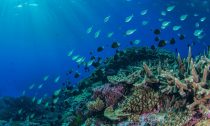
It’s no secret that global warming is bringing dramatic changes to coral reef ecosystems. Scientists have widely believed that habitat loss caused by coral death has the biggest effect on reef fish and invertebrates. Changes caused by warm water are actually faster and more widespread than the effects of habitat loss.Now new research has found that reef fish populations shift in direct response to the temperature itself and that changes caused by warm water are actually faster and more widespread than the effects of habitat loss.
The findings are significant for coral reef protection because a loss of biodiversity, especially of fish that eat harmful algae, could make it harder for reefs to recover from heat waves.
“I was surprised by how dramatic the response was over such a short time...
Read More

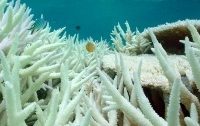



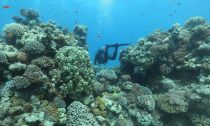
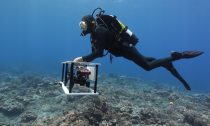
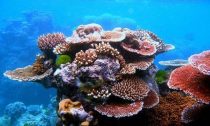

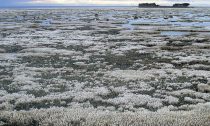



Social Profiles